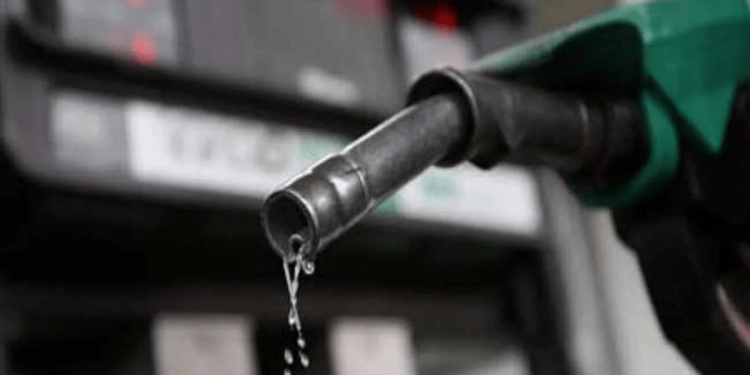The landing cost of Premium Motor Spirit (PMS), commonly known as petrol, in Nigeria dropped by N36 to N900.28 per litre on Thursday, reflecting a 3.62% decrease from last week’s N936.75 per litre.
Fresh data from the Major Energy Marketers Association of Nigeria shows a steady decline in landing costs this week, with the price briefly hitting N890.43 per litre earlier. This reduction provides slight relief amidst global market fluctuations and supply chain challenges.
Between December 10 and December 13, 2024, oil marketers imported 90,308 metric tonnes of PMS, equivalent to approximately 121.1 million litres. Four vessels berthed at Apapa Port in Lagos, Warri Ports, Onne Port in Rivers, and Calabar Port in Cross River State to deliver the fuel.
Key imports include:
– Stellar: 21.12 million litres at Warri Port on December 10.
-Kriti Ruby: 50.03 million litres at Apapa Port on December 12.
– St Lady Meenah: 30.84 million litres at Onne Port on December 12.
– Virgo: 20.12 million litres at Calabar Port on December 13.
Despite the drop in landing costs, the retail price of petrol in Nigeria remains at N1,060 per litre, with imported fuel being cheaper than locally refined products. For instance:
– Petrol from Dangote Refinery costs N970 per litre.
– Petrol from Port Harcourt Refining Company is priced at N1,030 per litre.
These figures highlight the challenges of dollar charges on locally refined products and crude import costs, which keep domestic PMS prices high.
Brent crude oil traded at $73.52 per barrel on Thursday, up from $72.06 the previous day, while the naira’s exchange rate stood at N1,533 per dollar. The ex-depot price of petrol in Lagos ranged between N970 and N1,050 per litre.
Despite earlier announcements by some marketers to halt imports in favor of domestic supply, the latest data shows continued reliance on imports to meet demand. The reduction in landing costs appears to have incentivized marketers to ramp up imports to ensure adequate domestic supply.
This trend underscores Nigeria’s ongoing dependency on imported PMS, raising questions about the effectiveness of local refining efforts in addressing fuel supply challenges.










